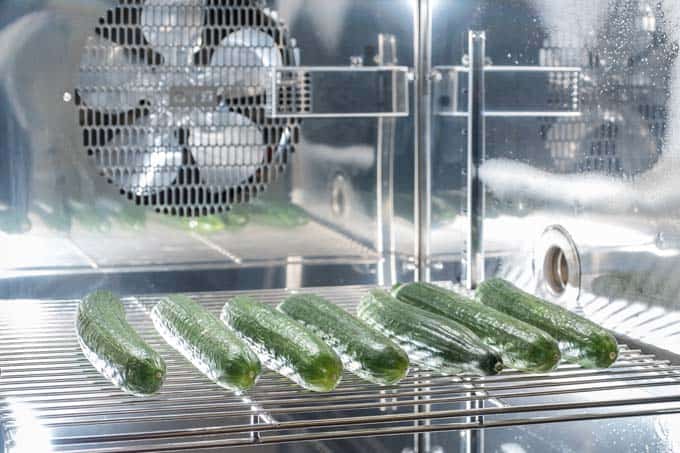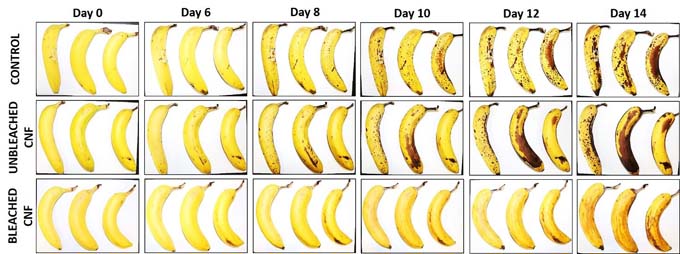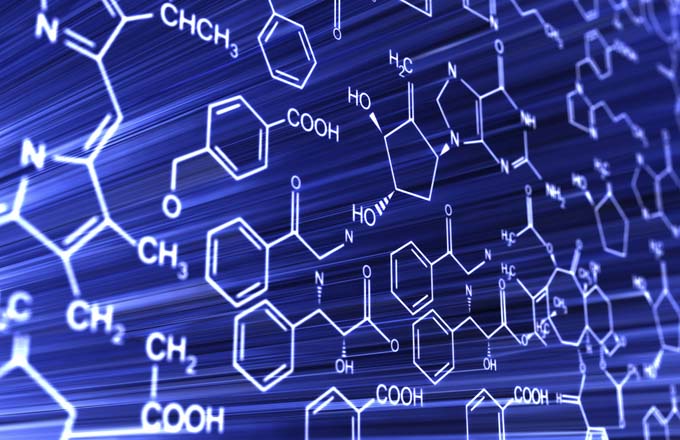Cucumbers with an eco-coating: Empa develops a protective cellulose layer
Researchers at Empa, in collaboration with Lidl Switzerland, have developed a type of "eco-coating" for fruit and vegetables. The novel cellulose-based coating helps to reduce packaging and avoid food waste.

We know it from our daily trip to the supermarket: fruits and vegetables are mostly wrapped in plastic, often even individually, such as the cucumbers tightly covered with plastic film. Of course, such plastic packaging protects the fruit and vegetables from spoiling, but it also generates considerable amounts of waste. Together with Empa, Lidl Switzerland has now developed a protective cover for fruit and vegetables based on renewable raw materials, in other words a kind of "eco-jacket".
An "eco-jacket" instead of plastic film
After more than a year's work, researchers at Empa's Cellulose & Wood Materials laboratory can now present a special protective cellulose coating that can be applied to fruit and vegetables. The result: the coated fruit and vegetables stay fresh significantly longer. In tests, for example, the shelf life of bananas was extended by more than a week. This significantly reduces food waste. "The big goal is that such natural coatings can replace a lot of petroleum-based packaging in the future," says Gustav Nyström, head of the research department.

Expected to be operational on a large scale within two years
Source and further information: Empa









